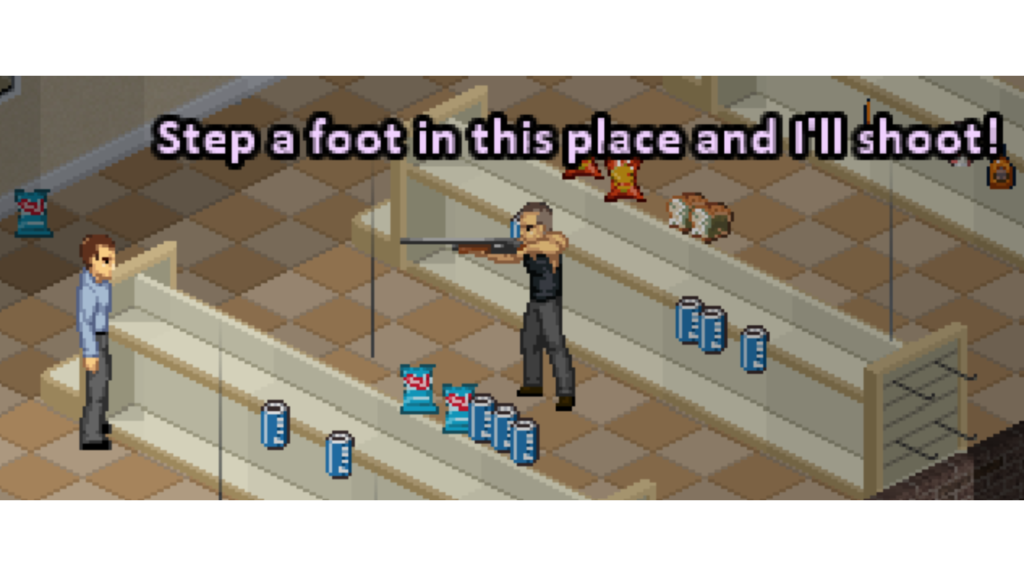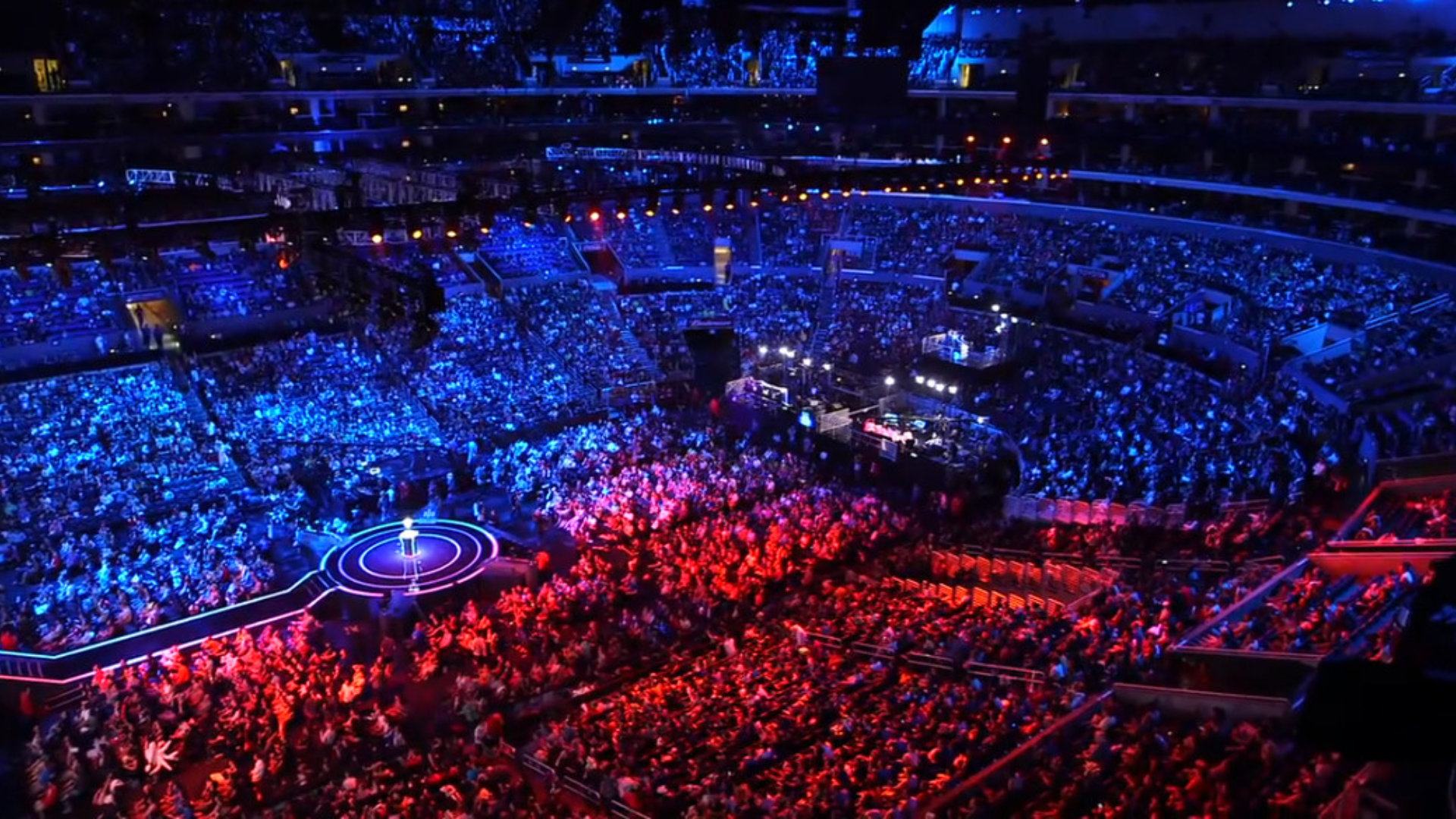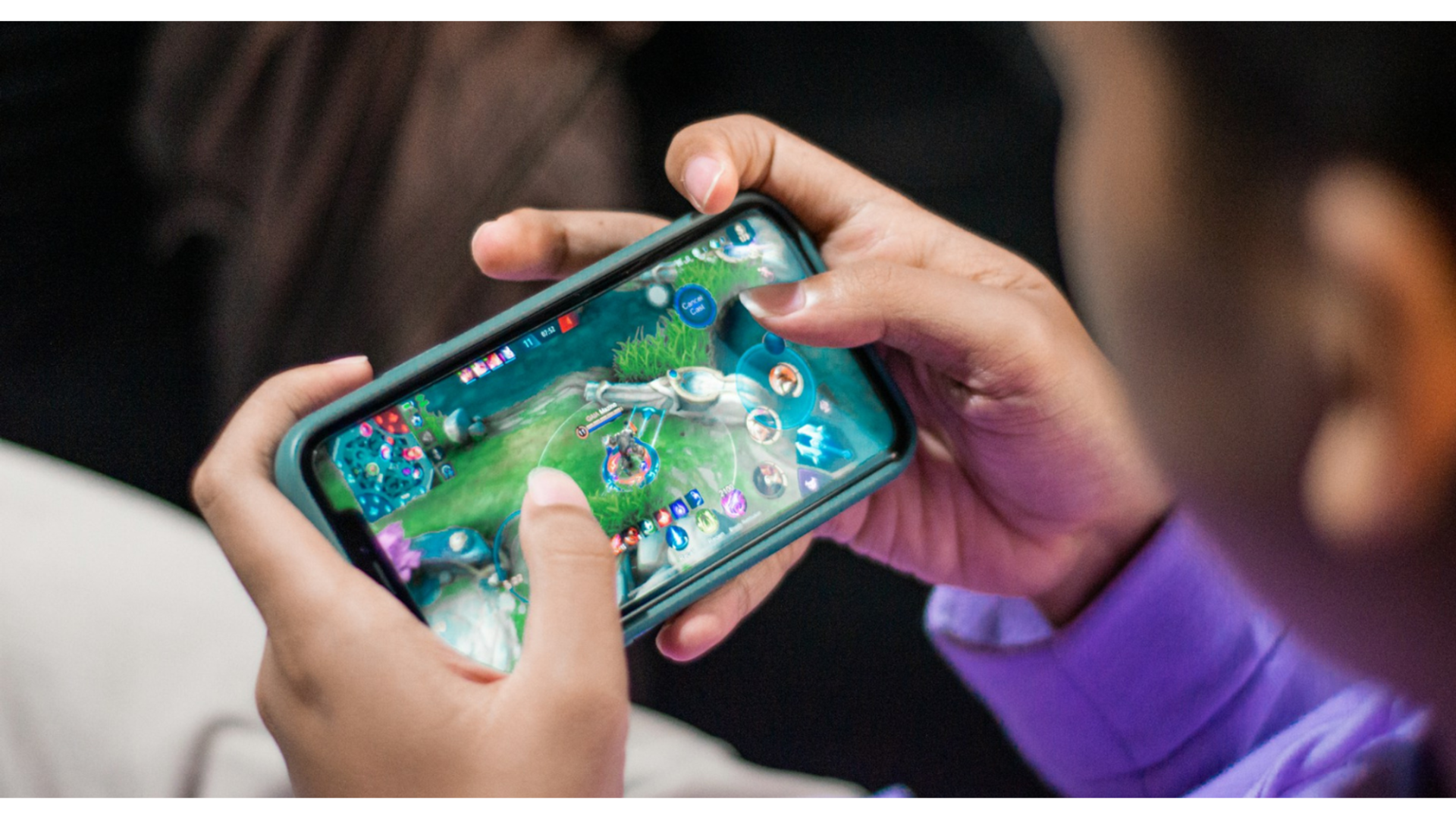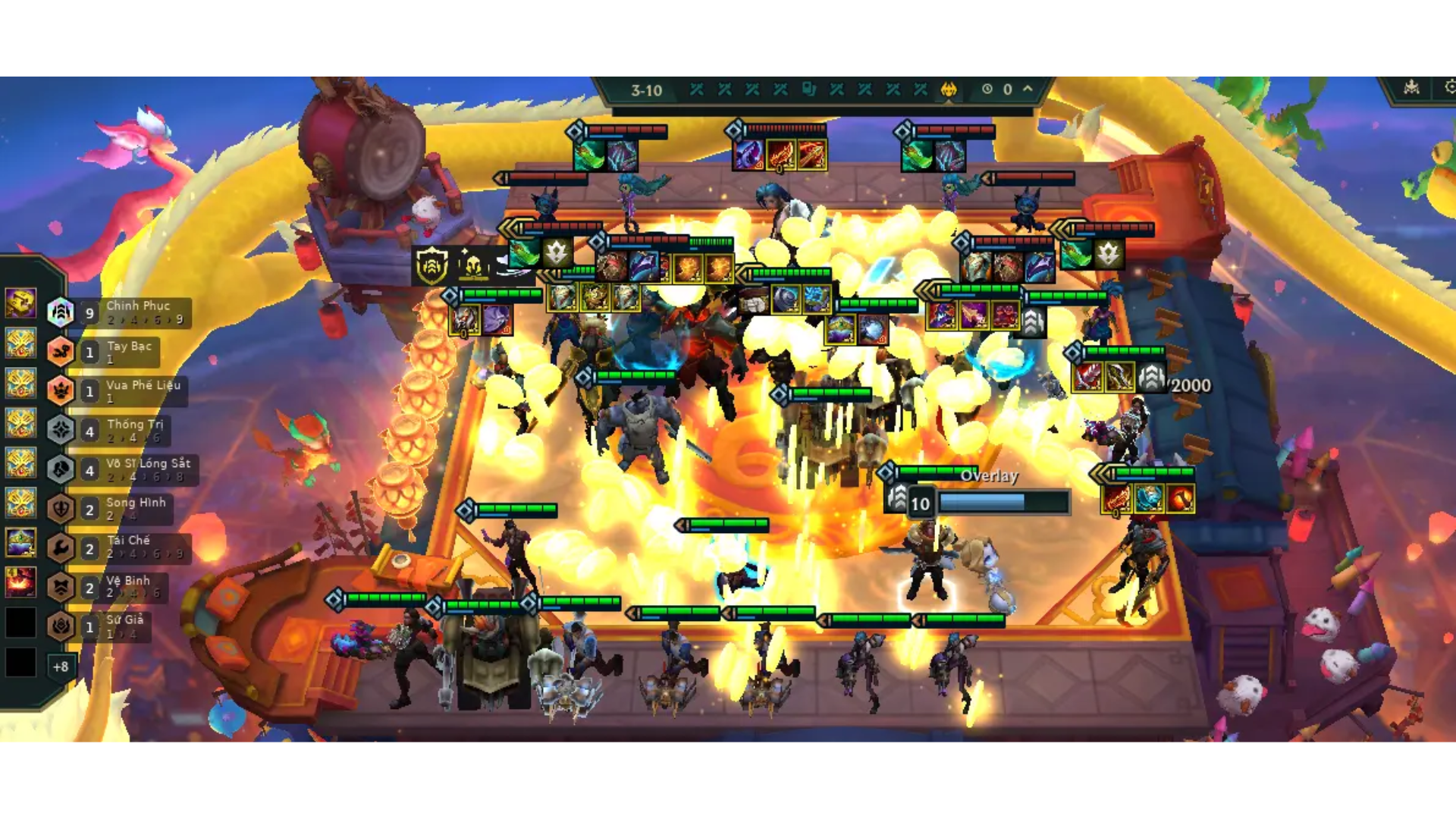Whether you’re a new player exploring the world of gaming or diving into a specific game genre, understanding gaming terminology is essential to enhance your experience. Every gaming community, from multiplayer battle arenas to first-person shooters, has its unique set of terms and abbreviations. If you’re unfamiliar with these terms, it can be overwhelming at first, but don’t worry—we’ve got you covered! In this beginner’s guide, we’ll explain common gaming terms to help you understand the language of the gaming world and improve your gameplay.

1. NPC (Non-Player Character)
In most video games, an NPC is a character controlled by the game, not a player. NPCs can serve as quest-givers, vendors, enemies, or allies, providing immersion and depth to the game world. In RPGs, NPCs are essential for delivering lore, side quests, and other interactive elements.
Example: “I need to talk to the NPC in the town square to get the next quest.”
2. PvP (Player vs. Player)
PvP refers to competitive modes where players battle against each other instead of AI-controlled characters. PvP is a key feature in battle royale games, MMORPGs, and competitive shooters.
Example: “I prefer PvP modes where I can test my skills against other players rather than fighting AI.”
3. PvE (Player vs. Environment)
Contrasting PvP, PvE involves players fighting against computer-controlled enemies, often in story-driven RPGs or action-adventure games. PvE is the most common mode where players complete missions or encounter challenges.
Example: “The new Final Fantasy expansion adds tons of exciting PvE content for solo players.”
4. XP (Experience Points)
XP are points that help you level up, improve your character’s abilities, and unlock new features or equipment. You earn XP by completing quests, defeating enemies, and discovering new areas.
Example: “I need to earn more XP to unlock the next tier of abilities.”
5. AFK (Away From Keyboard)
AFK is used when a player temporarily leaves the game but doesn’t log out. It’s common in multiplayer games where AFK players can negatively affect team performance.
Example: “Where did John go? He’s been AFK for five minutes!”
6. Noob (Newbie)
The term “noob” or “newbie” refers to a beginner player who is still learning the game mechanics, controls, or strategies. While used playfully, it can sometimes be used in a derogatory way. Remember, everyone was a noob at some point!
Example: “I’m still a noob at League of Legends, so I’m trying to learn the basics.”

7. GG (Good Game)
GG is a phrase used at the end of a game to express sportsmanship. It’s a quick way to acknowledge that the match was fun, whether you win or lose.
Example: “We lost, but that was a good game. GG, everyone!”
8. Buff/Debuff
In gaming, a buff is a temporary effect that improves a character’s stats or abilities, while a debuff weakens them. Buffs can come from items or abilities, and debuffs are often caused by enemies or hazards.
Example: “The wizard just cast a buff on the team, so we have increased damage for the next few minutes.” “I’m under a debuff that’s reducing my defense—watch out!”
9. Grinding
Grinding refers to performing repetitive tasks over long periods to earn rewards like XP, resources, or rare items. This is common in MMORPGs and RPGs, where players repeatedly defeat enemies or complete challenges to level up or gather loot.
Example: “I’ve been grinding for hours to get enough resources for the new armor.”
10. Lag
Lag is a delay between your actions and the game’s response, often caused by internet issues or server overloads. Lag can disrupt gameplay, especially in competitive multiplayer environments.
Example: “I was shooting at the enemy, but the lag made me miss the shot.”

11. DPS (Damage Per Second)
DPS measures how much damage a character or weapon can deal in one second. It’s crucial in games with combat elements, helping players evaluate which characters or weapons are most effective in dealing damage.
Example: “Our healer has great DPS, so we can focus on offense while he heals.”
12. Tank
A tank is a character who absorbs damage for the team. Tanks usually have high defense or abilities to reduce the damage they take, allowing teammates to focus on dealing damage.
Example: “I’ll play the tank and keep the enemies focused on me while you deal the damage.”
13. Heal/Healer
In team-based games, a healer is a character focused on restoring health to teammates. They are essential in maintaining the team’s survivability during difficult fights.
Example: “We need a healer in this raid—someone with strong healing abilities.”
14. Combo
A combo refers to a series of attacks or moves performed in rapid succession, often dealing more damage or triggering special effects. Combos are popular in fighting games and RPGs.
Example: “You can get a great combo by using the sword’s special move right after the fire spell.”
15. Respawn
Respawning refers to the act of reappearing in the game after being defeated. Players usually respawn at a specific point, ready to continue the mission or battle.
Example: “I just got respawned, so I’m heading back into the fight.”
16. RNG (Random Number Generator)
RNG is a game mechanic that introduces randomness, such as loot drops or enemy encounters. RNG makes outcomes unpredictable, adding an element of luck or chance to gameplay.
Example: “I’ve been farming for that legendary sword, but it’s all up to RNG if I get it.”
17. Spawn Camping
Spawn camping occurs when players wait at the enemy’s respawn point and kill them immediately after they respawn. This is seen as an unfair tactic, especially in shooters.
Example: “Stop spawn camping! It’s not fun for anyone if you just keep killing us as we respawn.”
18. Solo Queue
Solo queue is when players enter a game without a pre-made team and are matched with random players. It’s common in competitive games where teamwork is essential.
Example: “I hate playing in solo queue; my teammates are always so uncooperative.”
Conclusion
Learning gaming terminology is key to improving your gaming experience, especially in multiplayer environments and complex game genres. Whether you’re a beginner or an experienced player, mastering these terms will help you communicate better with others and navigate the gaming world more effectively. As the gaming world evolves, there will always be new terms to learn, so staying updated is important for keeping up with the game!
For more gaming tips, guides, and news, visit UrbanOft.
Gaming lingo refers to the terms and phrases commonly used in gaming communities to describe various in-game mechanics, roles, and features. To dive deeper into gaming terminology, you can check out this gaming glossary on Wikipedia.




